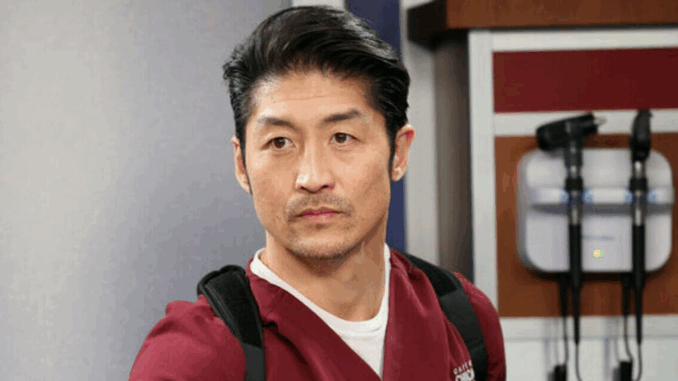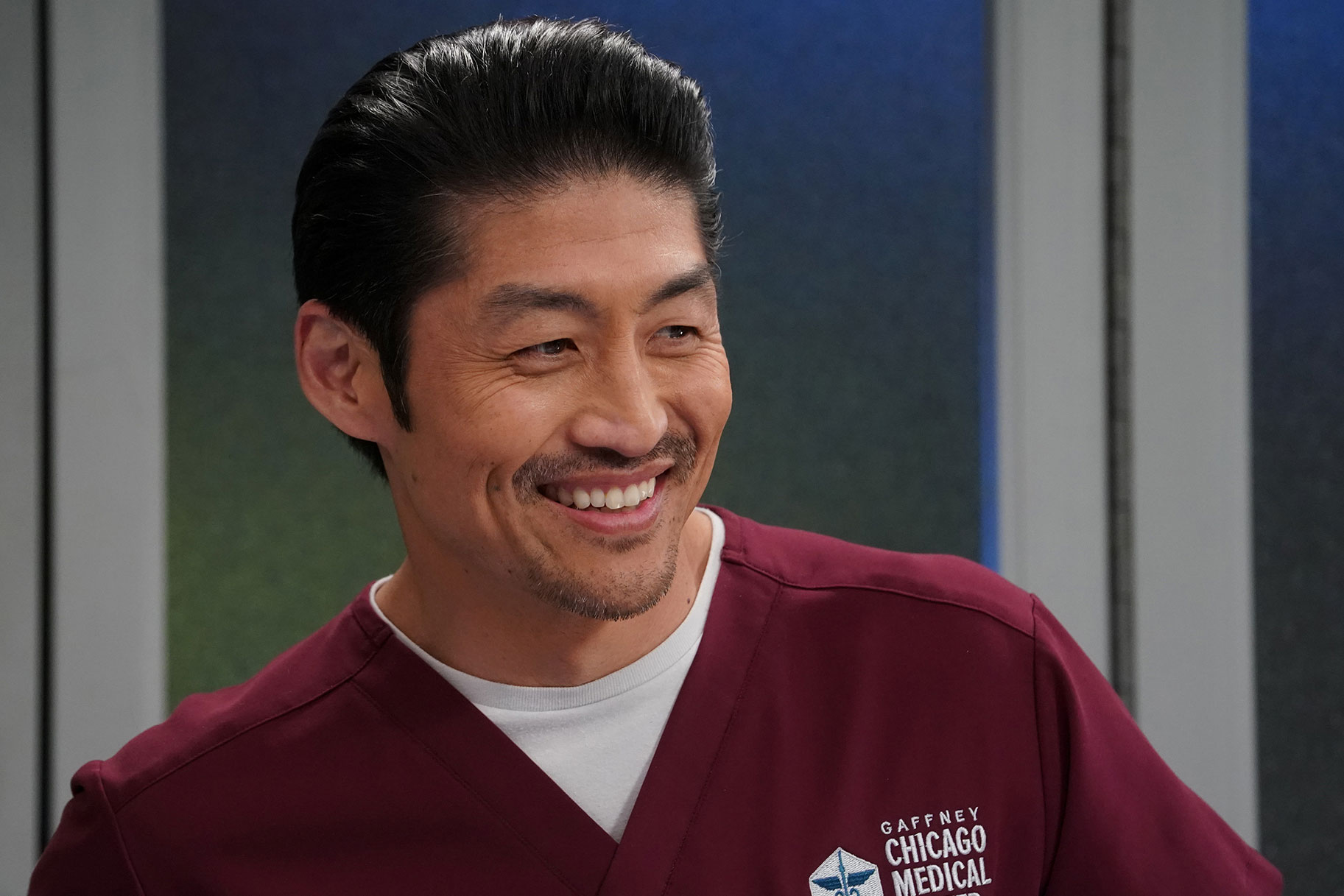
Choi’s early seasons were heavily influenced by his Naval background. He approached medicine with a soldier’s mentality: mission-first, emotion-second. This often put him at odds with colleagues who prioritized emotional connection or unconventional approaches, leading to intense debates with doctors like Will Halstead. While his discipline was an asset in high-pressure situations, it sometimes masked a deeper vulnerability and a struggle to connect with patients on a purely human level. His PTSD, a persistent thread throughout his character arc, further highlighted the internal battles he was constantly fighting.
The series gradually chipped away at Choi’s emotional armor. His relationships, particularly with April Sexton, forced him to confront his personal insecurities and learn to articulate his feelings. The challenges of his sister’s addiction and his own health struggles (including being shot) provided further catalysts for introspection, revealing a man capable of deep empathy and a desire for genuine connection beyond the sterile walls of the ER. These experiences humanized him, allowing audiences to see the tender heart beneath the tough exterior.

His eventual return to leadership as the Chief Resident, and later as an Attending Physician with more direct oversight, marked a significant shift. While still valuing order, he began to integrate a more compassionate and understanding approach to both patient care and staff management. His wisdom, often delivered with quiet intensity, became a guiding force for younger doctors. This evolution culminated in his eventual departure from the main ED storyline to focus on an underserved community clinic, a move that underscored his commitment to accessible, holistic healthcare rather than just high-stakes trauma.
Dr. Ethan Choi’s story is one of quiet strength and profound personal growth. He transitioned from a character defined by his past to one who actively shaped his future, demonstrating that even the most disciplined individuals can learn to lead with both precision and heart. His legacy at Chicago Med is not just about the lives he saved, but about the compassionate leader he became, truly embodying the spirit of patient care.
